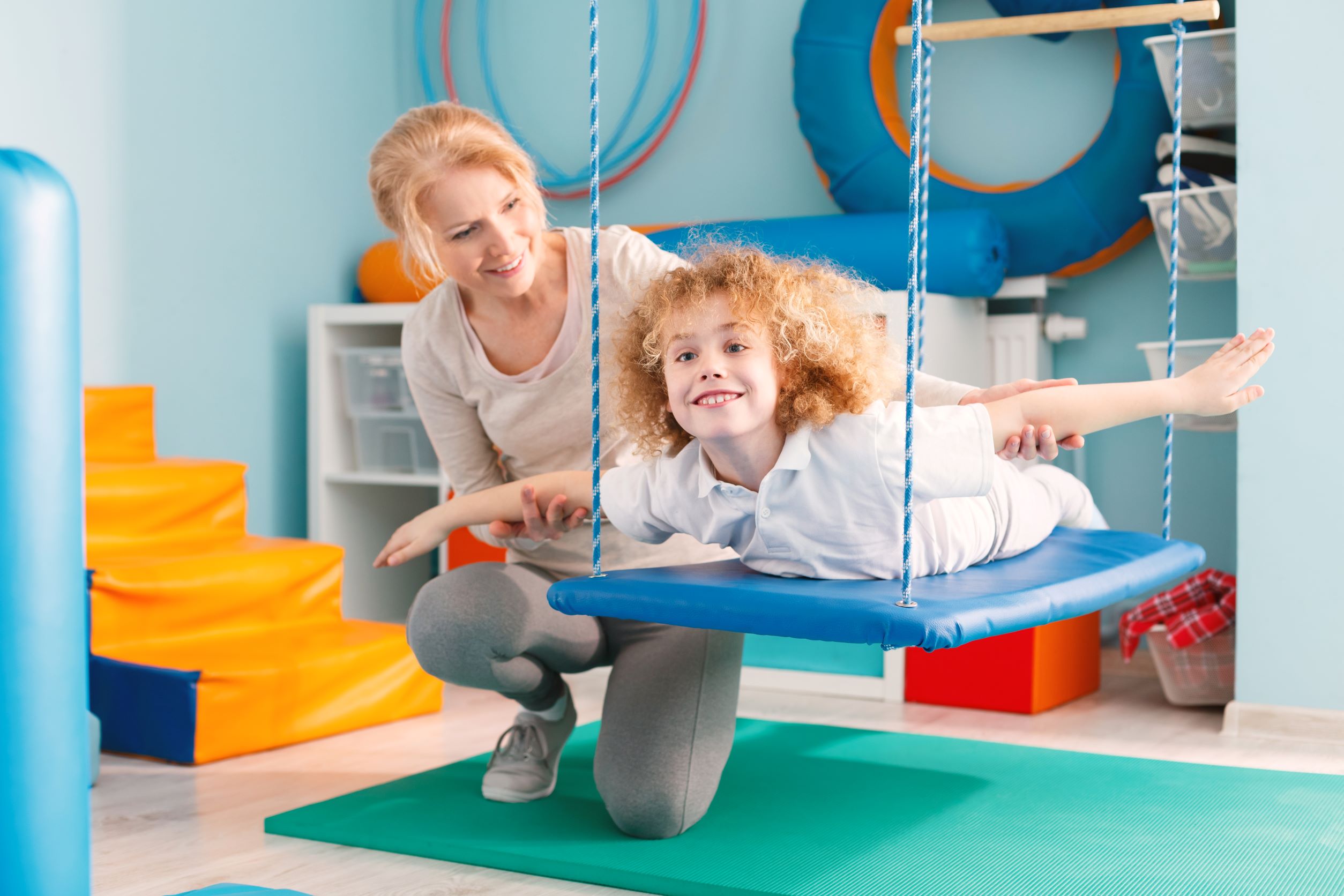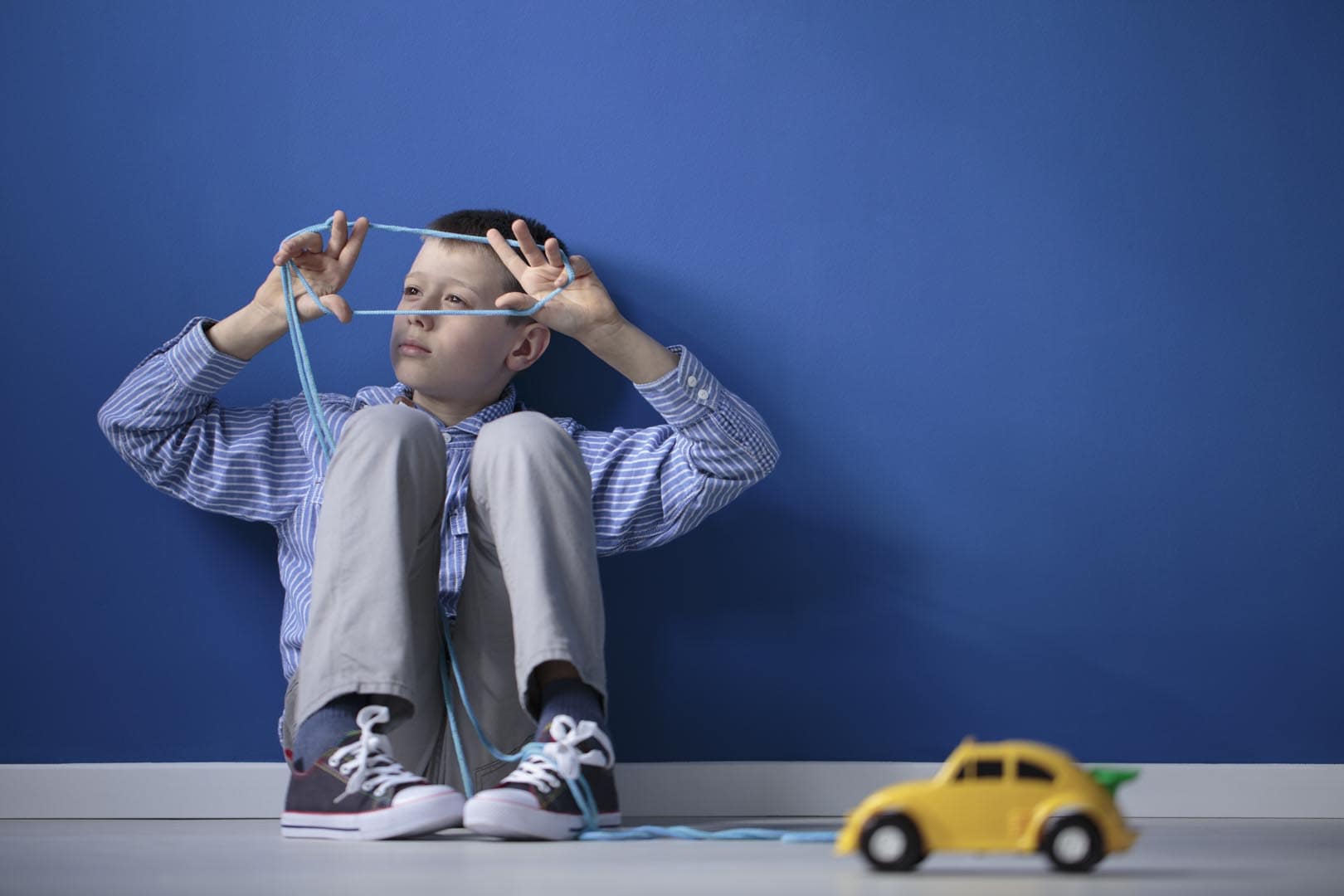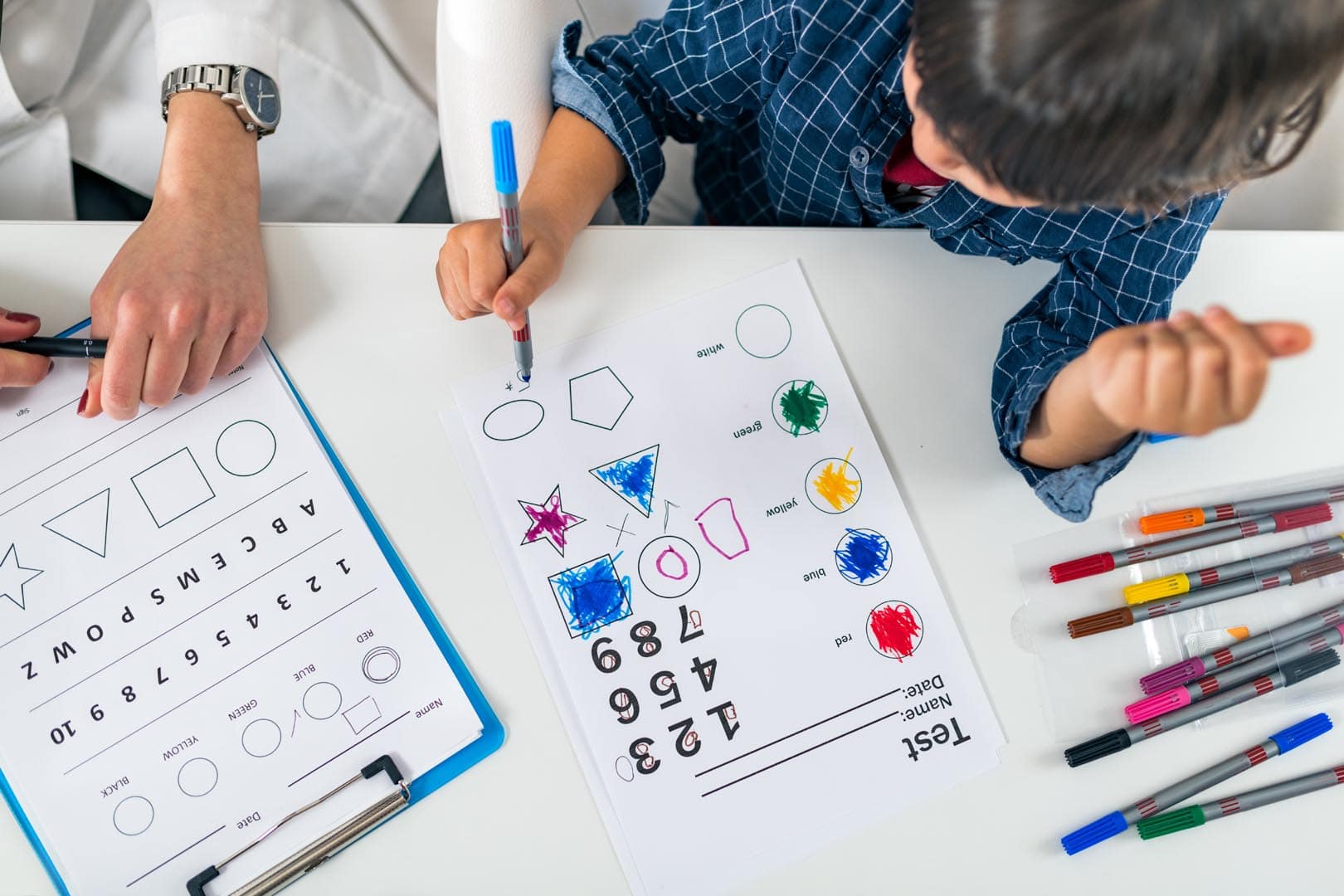11 important things everyone should know about ABA
What is ABA?
The technical definition of ABA is: “Applied Behavior Analysis is the science in which procedures derived from principles of behavior are systematically applied to improve socially significant behavior to a meaningful degree and to demonstrate experimentally that the procedures employed were responsible for the improvement in behavior”. (Cooper, Heron, and Heward, 1987)
Applied: Important to those involved AND/OR to society.
Behavior: Has to be something observable. Anything a dead man cannot do (walking, running, sitting, eating, dressing).
Analysis: Demonstrates a relationship between the changes made to the environment and the behavior.
Here are the 11 important things everyone should know about ABA
- ABA is a scientific approach to change behavior.
- ABA does not mean 1:1 discrete trial instruction only.
- ABA can be used 1:1 and in groups.
- ABA is a broad umbrella of teaching methodologies and intervention methods.
- ABA can be broken down into three basic teaching methodologies for children with Autism and related developmental disabilities: (i) discrete trial teaching (DTT), (ii) incidental teaching (IT), and (iii) Verbal behavior teaching (VB).
- ABA uses consequences (reinforcement and punishment) to change behavior.
- ABA is used in schools, homes, communities, workplaces, hospitals, etc.
- ABA can be used with ANYONE.
- ABA is most commonly known as a concept used with individuals diagnosed on the Autism Spectrum.
- ABA is NOT a book, table, some candy, and an ASD student.
- ABA is what you are already doing every day with everyone you come in contact with.
To learn more about ABA and its history visit Special Learning online and download the e-book ABA Overview: Introduction to Applied Behavior Analysis.





